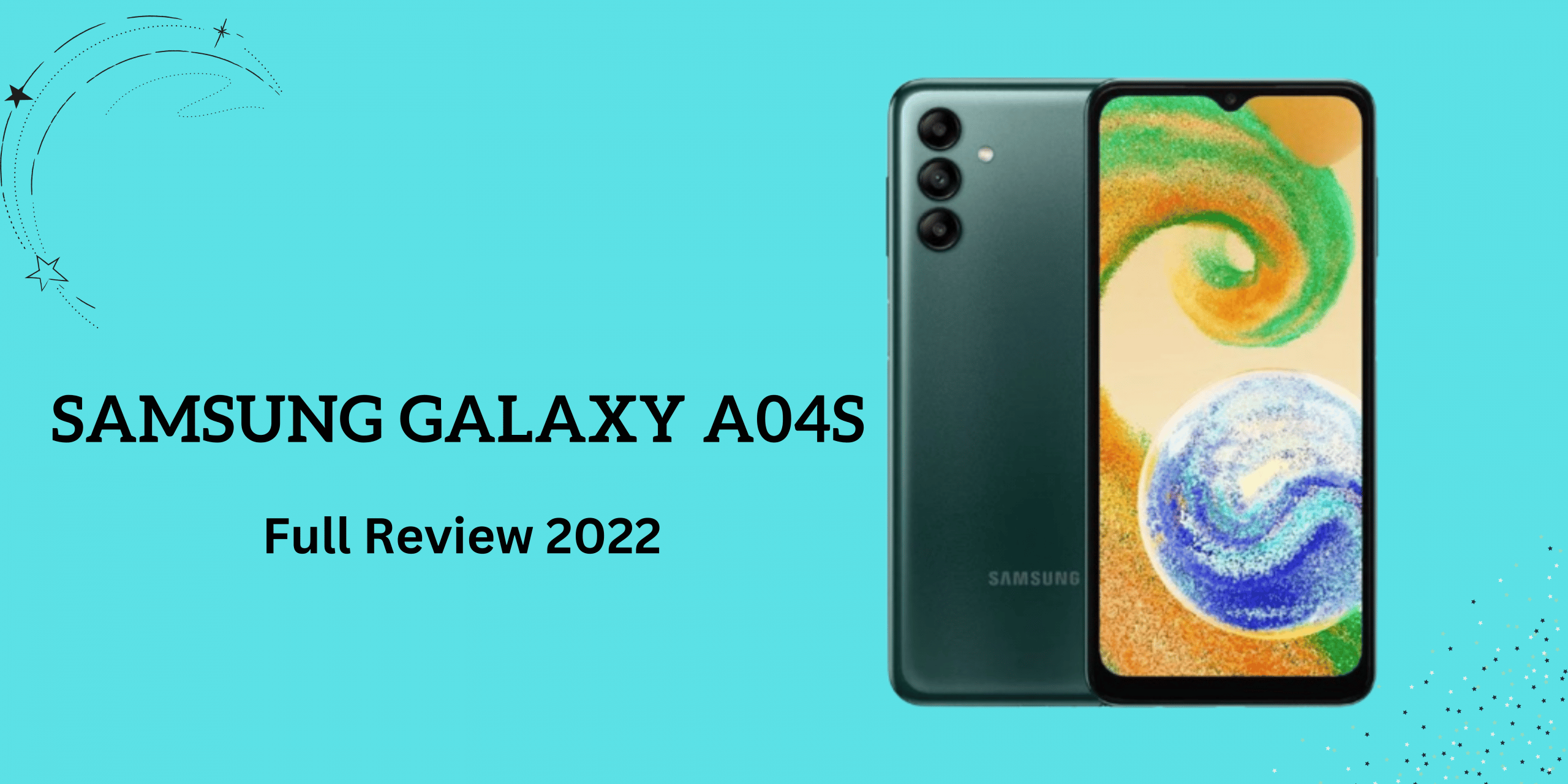The Future of AI. AI mean Artificial intelligence. AI (Artificial intelligence) is changing industries and creating new opportunities for business. It’s not just making life easier — it’s helping businesses solve real-world challenges, faster than ever before. As an organization, you might see a future filled with great possibilities and opportunities. But as a whole, businesses don’t know what the future holds for them. They have no idea how AI will change their industry or even if they’ll be able to keep up. To get ahead of the curve and prepare your company now, read on to learn more about artificial intelligence, its implications for your industry, and how AI can improve your business in the future.
What is AI?
Artificial Intelligence is the use of computers to perform tasks that could be described as “intelligent.” AI evaluates data and uses that information to make decisions, with the goal of improving the efficiency of business processes. It’s not just about computers “thinking” — it’s about computers using data to “understand” the world and make decisions accordingly. AI—whether implemented with custom algorithms, natural language processing (NLP), or neural networks—is a key tool in the digitization age. It’s used in a variety of applications, from medical diagnostics to marketing to automation. And it’s growing more popular in B2B.
Why Does Business Need to Understand AI?
Artificial intelligence is changing industries and creating new opportunities for business. It’s not just making life easier — it’s helping businesses solve real-world challenges, faster than ever before. As an organization, you might see a future filled with great possibilities and opportunities. But as a whole, businesses don’t know what the future holds for them. They have no idea how AI will change their industry or even if they’ll be able to keep up. To get ahead of the curve and prepare your company now, read on to learn more about artificial intelligence, its implications for your industry, and how AI can improve your business in the future.
How Does AI Work in Practice?
There are many different models for how AI works. One example is the “neural network,” a model based on the human brain and specifically our neurological connections. Neural networks process information by looking at data and then drawing conclusions based on that information. Neural networks have been a staple of AI for some time now. They’re typically designed to find patterns in large data sets, like photos of dogs and cats, or songs, to create a database of knowledge to “understand” data.
Neural networks can be trained using lots of data, like photos or songs, to learn how to recognize similar items. You can even program AI to do creative things like write original songs based on your input or recreate photos based on the data set. AI is often paired with cloud computing to scale with demand, so if you have a lot of data to process, you don’t need to run those calculations in-house. And if the AI system learns new things with the data, you can easily share those insights with your business’s other departments.
Examples of Artificial Intelligence in Business
You might have heard of “chatbots,” programs that mimic conversation with humans and use artificial intelligence to find patterns in data to learn specific responses. Chatbots are common in customer service, but they’re also being used in marketing to quickly analyze data and make more targeted offers. AI is also being used for procurement, helping predict demand for goods and manage inventory more efficiently.
An AI-powered tool might scan the data about goods, such as the supplier and product, and then make recommendations for managing the inventory and managing the supplier, such as reordering goods automatically. B2B companies are also starting to use AI. For example, they might use it to optimize sales force operations (sales, marketing, and service) by analyzing data to identify top performers among reps, and then using machine learning to recognize patterns and make more accurate forecasts.
The Future of AI: How Any Organization Can Benefit From It
As artificial intelligence becomes more refined and integrated into everyday business, it will change the way people work. More specifically, AI will automate decisions and activities that were previously performed manually. This will significantly change the way employees engage in their jobs and how their employers manage them. This shift toward automation will have a significant impact on the workforce and the business ecosystem as a whole. It will change the way businesses search for talent, as AI will be able to identify the most qualified candidates.
It will also have a profound impact on how these businesses engage with their customers, as AI will be able to find and prioritize issues that matter to them most. With AI, businesses will be able to automate key processes, like data analysis and forecasting, and rely less on human judgment. This will free up employees to focus on more strategic tasks and provide strategic business insights.
Bottom line
Artificial intelligence is changing industries and creating new opportunities for business. It’s not just making life easier — it’s helping businesses solve real-world challenges, faster than ever before. As an organization, you might see a future filled with great possibilities and opportunities. But as a whole, businesses don’t know what the future holds for them. They have no idea how AI will change their industry or even if they’ll be able to keep up. To get ahead of the curve and prepare your company now, read on to learn more about artificial intelligence, its implications for your industry, and how AI can improve your business in the future.
Article Code: BD381IUN





Haaving read thios I believed itt waas extremely enlightening.
I apppreciate youu takng the time and effort to putt this articcle
together. I nce again find myself spenring waay tooo muh time botgh reawding and lwaving comments.
Butt soo what, iit was still worthwhile!